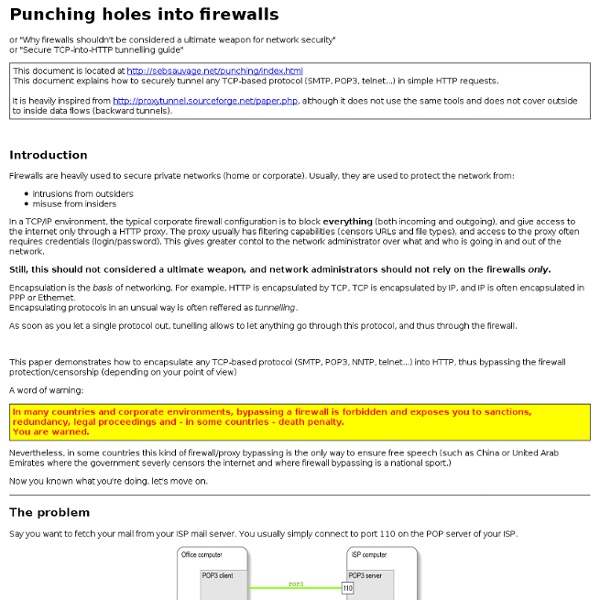PuTTY Download Page
Home | FAQ | Feedback | Licence | Updates | Mirrors | Keys | Links | Team Download: Stable · Snapshot | Docs | Changes | Wishlist PuTTY is a free implementation of SSH and Telnet for Windows and Unix platforms, along with an xterm terminal emulator. It is written and maintained primarily by Simon Tatham. The latest version is 0.70. Download it here. LEGAL WARNING: Use of PuTTY, PSCP, PSFTP and Plink is illegal in countries where encryption is outlawed. Use of the Telnet-only binary (PuTTYtel) is unrestricted by any cryptography laws. Latest news 2017-07-08 PuTTY 0.70 released, containing security and bug fixes PuTTY 0.70, released today, fixes further problems with Windows DLL hijacking, and also fixes a small number of bugs in 0.69, including broken printing support and Unicode keyboard input on Windows. 2017-04-29 PuTTY 0.69 released, containing security and bug fixes 2017-02-21 PuTTY 0.68 released, containing ECC, a 64-bit build, and security fixes We've also redesigned our website. Site map
M-payment: a Threat to Anti-money Laundering
By H. Paul Leyva, J.D., C.AM.C. October 1, 2008 International Narcotics Control Strategy Report (INCSR), March, 2008: " … there are already indications that money launderers and those that finance terrorism will avail themselves of the new m-payment systems." NEW YORK, NY—Brittany has never filed an income tax return to report her $200,000.00+ income as a high-class call girl. LOGAN SQUARE, CHICAGO, IL—Alex, an accountant by day and drug user by night, uses his PC to transfer $400 from his personal checking account to his mobile phone's m-payment account. As the dealer enjoys his latte, he uses his mobile phone to text the funds to a bank in the Cayman Islands, where the deposit will easily get lost in the multitude of other small value transfers. NAIROBI, KENYA—International Press: August 7th. What is m-payment? -INCSR, March, 2008 The Virtual Wallet M-payment (mobile payment) is synonymous with the terms m-commerce, m-accounts, m-wallet, m-banking, e-money, or digital cash. The Virtual ATM
OpenSSH
Mobile Megatrends 2010
[In our third annual Mobile Megatrends 2010 research we look at the future of web platforms, app stores, revenue models, open source, mobile recommendations, OEM monetisation, and operator strategies] After many months in the making, we ‘ve released our annual Mobile Megatrends 2010. It’s our third and biggest Megatrends research we ‘ve published to date featuring 64 juicy slides with detailed analysis on the future of mobile. So what are the overarching trends of mobile in 2010? We ‘ve covered 8 core themes: 1. 2. 3. 4. 5. 6. 7. 8. We ‘ve already presented earlier versions of our Mobile Megatrends as part of closed customer events and conferences, including as part of Rutberg’s invitation-only Wireless Influencers event in San Diego. Comments welcome as always,
SSLBridge - Open Source Linux VPN software
The 100 million club: some surprising facts about mobile softwar
[Research Director Andreas Constantinou, discusses the latest update to VisionMobile's 100 million club, and some surprising facts about the companies that dominate mobile software] We ‘ve just released the latest version of our 100 million club: the watchlist of software companies whose products have been embedded on more than 100 million mobile handsets. In this H2 2008 update we ‘ve identified 26 software products from 21 companies which have shipped on more than 100 million handsets cumulatively as of the end of 2008. (click to go to the download page) Traditionally we have looked at the cumulative shipments of mobile software products (the orange-red bars on the chart) – and the sea of challenges that keep them constrained to a small portion of the one-billion-a-year handset market. What are some of the most popular software products in mobile? - Mentor Graphics’ Nucleus: Founded in 1981, Mentor Graphics is a US-based hardware and software design solutions.
Off-the-Record Messaging
OTR library and toolkit This is the portable OTR Messaging Library, as well as the toolkit to help you forge messages. You need this library in order to use the other OTR software on this page. [Note that some binary packages, particularly Windows, do not have a separate library package, but just include the library and toolkit in the packages below.] The current version is 4.0.0. UPGRADING from version 3.2.x Source code (4.0.0) Compressed tarball (sig) [Note that if you're compiling from source on win32, you may need to make this patch to libgcrypt-1.2.1.] Java OTR library This is the Java version of the OTR library. OTR localhost AIM proxy This software is no longer supported. This is a localhost proxy you can use with almost any AIM client in order to participate in Off-the-Record conversations. Source code (0.3.1) Compressed tarball (sig) Windows (0.3.1) Win32 installer (sig) OS X package
Behind the Smartphone Craze: redrawing the map of mobile platfor
[Thought Android and iPhone are taking over the world? Think again. The device platforms map is more fragmented than ever, while the media hype distorts the commercial reality. The Smartphone Craze The other day I was reading some of the usual hype-induced reports on the Smartphone revolution. In those pre-historic days the main Smartphone contenders were Symbian and Windows. Reality check: by looking at the numbers for the first three quarters of 2009, it appears that last year there have shipped no more than 170-180 million devices considered to be Open OS Smartphones. Why is this interesting? Reports of death of the mid-range may have been a bit too early…The analysis de-jour is that OEMs that relied on mid-range proprietary platforms and did not have a high-end Smartphone/Open OS offering suffered badly. A rough count of LG and Samsung’s currently shipping GSM/UMTS models shows over 70% of their touch screen phone models are not Smartphones. - Guy



